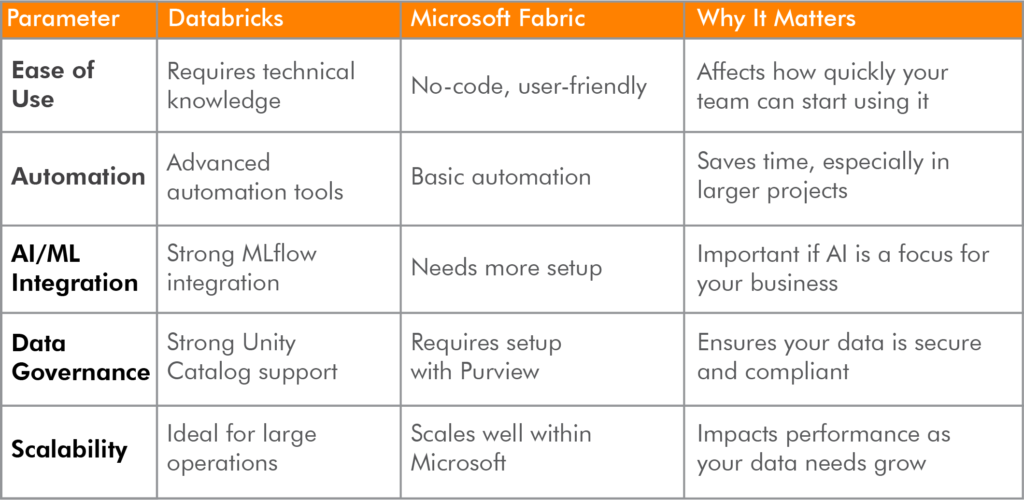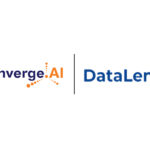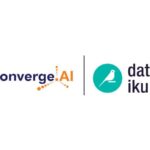
Databricks vs Microsoft fabric choosing the right platform for your business
The saying “Data is the New Oil” has been around for a while, and just as oil powered the industrial age, data drives the modern digital world. However, unlike oil, data’s value doesn’t come from simply having it—it comes from how well you collect, organize, and analyze it. This is where platforms like Databricks and Microsoft Fabric come in. These platforms help businesses store large amounts of data and, more importantly, analyze that data to make smarter decisions, build AI solutions, and drive growth.
What Architecture Powers These Platforms?
Both Databricks and Microsoft Fabric are built on Lakehouse Architecture, which integrates the strengths of two data models:
- Data Lakes: These store raw, unstructured data.
- Data Warehouses: These organize data for efficient access and analysis.
Databricks enhances this architecture with Delta Lake and Medallion Architecture, optimizing it for complex data processing, AI, and machine learning tasks.
Microsoft Fabric also uses Lakehouse Architecture but adds support for T-SQL and stored procedures in its Warehouse component, simplifying legacy data warehouse migrations and makes the platform accessible to non-technical users.
Key Comparison Points
When choosing between Databricks and Microsoft Fabric, these are the main areas to compare:

For a deeper comparison and helpful tips on which platform is right for you, check out our whitepaper.
How Choosing the Right Platform Impacts Your Business
After consulting with various companies, we have observed distinct trends in how clients select their data platforms

Choosing the right platform can streamline your operations and boost efficiency. For example, Databricks helps large companies scale quickly and handle complex data tasks, leading to faster insights and better profits.
If you pick the wrong platform, it can cause problems and extra costs. For instance, if your team isn’t very technical and you choose Databricks, which needs advanced coding skills, you might face delays and a tough learning curve. Similarly, if you choose Microsoft Fabric when you need advanced AI or large-scale data processing, you might limit your growth potential.
The right platform can help your business grow and stay competitive. Making a smart choice is essential for using your data effectively and getting its full potential.













